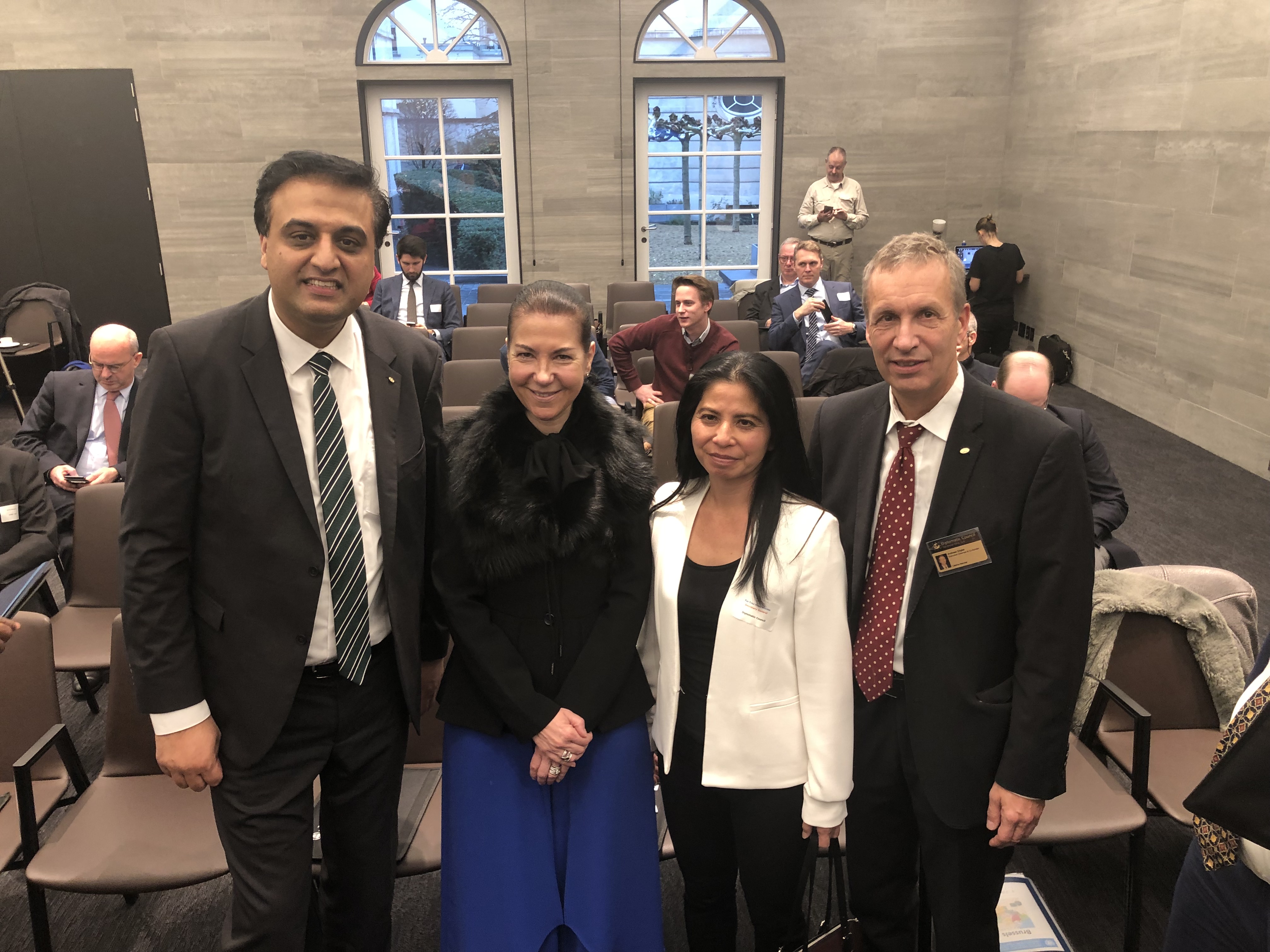Thought Leadership

A United Nations report based on a survey in 53 countries comes to the conclusion that there is no global definition about economic security. But it becomes obvious that there are a number of key elements necessary for the existence and the development of our social economic models. This includes the economic sovereignty, the safety of critical infrastructures and the protection of innovation and scientific research.
We want our countries to be independent in critical sectors like energy or water. There is no prove, but a high indication that state-owned companies quite often have a hidden agenda, a political agenda, far beyond business issues, when they invest in foreign countries. One of the strong indicators is, that state-owned corporations invest in totally different sectors than private companies, e.g. they invest much more in infrastructures. So we do have to realize that the safety of critical infrastructures like energy, finance and electronic communication is critical for the economic safety of a country. Also we have to fight against economic espionage. There are a lot of anecdotes about working students spying out their employers and transfering the know-how to the governments of the countries they come from. Most of these stories are true.
Today digital espionage and cyber attacks are by far the number one thread for government agencies as well as businesses. Agains this background the raise of cyber diplomacy is making its way. The first country producing a cyber-diplomatic strategy was the US in 2011. Other countries like Japan, China and the European Union followed. On a global level the United Nations are working on a totally new global security approach including all layers and covering all the 193 UN nations.
